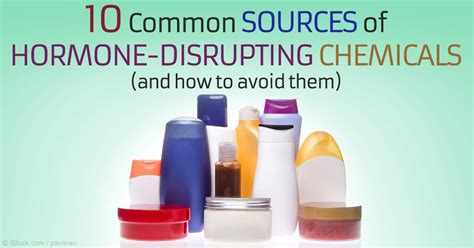What are some often-overlooked lifestyle factors that significantly contribute to erectile dysfunction in men?

Erectile Dysfunction (ED) is a common condition affecting millions of men worldwide, characterized by the inability to achieve or maintain an erection firm enough for satisfactory sexual intercourse. While well-known culprits like heart disease, diabetes, and direct nerve damage are frequently discussed, many subtle, yet significant, lifestyle factors often fly under the radar. Understanding these less obvious contributors can empower men to take a more holistic approach to their sexual health and overall well-being.
The Pervasive Impact of Chronic Stress and Mental Well-being
It’s no secret that stress can take a toll on the body, but its direct link to ED is often underestimated. Chronic stress triggers the release of hormones like cortisol and adrenaline, which can constrict blood vessels and interfere with the relaxation of smooth muscle in the penis, both essential for an erection. Beyond physiological responses, mental health conditions such as anxiety and depression are profoundly intertwined with ED. Performance anxiety, a specific type of stress related to sexual activity, can create a self-fulfilling prophecy, exacerbating the problem. Ignoring psychological strain means overlooking a major component of erectile health.

The Silent Saboteur: Poor Sleep Quality
In our fast-paced world, adequate sleep often gets sacrificed, but its importance for men’s health, particularly erectile function, cannot be overstated. The majority of the body’s testosterone production, a crucial hormone for libido and erectile strength, occurs during deep sleep. Chronic sleep deprivation can lead to lower testosterone levels, impacting sexual desire and the ability to achieve erections. Furthermore, poor sleep elevates stress hormones and can contribute to weight gain and inflammation, all indirect pathways to ED. Prioritizing 7-9 hours of quality sleep per night is a powerful, yet often neglected, intervention.

Sedentary Habits and Vascular Health
While the link between exercise and heart health is widely known, the direct impact of a sedentary lifestyle on erectile function is less frequently emphasized. Erections rely on robust blood flow to the penis. A lack of physical activity contributes to poor cardiovascular health, including high blood pressure, elevated cholesterol, and reduced endothelial function (the ability of blood vessels to dilate). These conditions directly impair the body’s capacity to deliver sufficient blood to the penis. Regular moderate exercise, which improves circulation, strengthens the heart, and helps manage weight, is a simple yet incredibly effective preventative measure.
Nutritional Nuances Beyond the Obvious
Beyond simply avoiding ‘unhealthy’ foods, specific dietary deficiencies and patterns can significantly contribute to ED. Deficiencies in key micronutrients like zinc, magnesium, and Vitamin D, all vital for testosterone production and nitric oxide synthesis (a molecule critical for blood vessel dilation), are often overlooked. A diet high in processed foods, unhealthy fats, and refined sugars can lead to chronic inflammation, insulin resistance, and endothelial damage, all of which compromise erectile function. Focusing on a nutrient-dense, anti-inflammatory diet rich in whole foods, fruits, vegetables, and lean proteins can offer profound benefits.

Medication Side Effects and Substance Use (Less Obvious Culprits)
Many men are aware that certain prescription medications, particularly those for high blood pressure or depression, can cause ED. However, some less obvious medications and substances can also contribute. Over-the-counter antihistamines, certain pain medications, and even some recreational drugs (beyond the obvious hard drugs) can subtly impair erectile function. Moderate alcohol consumption, often seen as harmless, can depress the central nervous system and interfere with nerve signals necessary for an erection. Furthermore, the increasing use of vaping products can harm vascular health, potentially impacting blood flow.

Environmental Toxins and Endocrine Disruptors
An emerging area of concern is the impact of environmental toxins, specifically endocrine-disrupting chemicals (EDCs), on male sexual health. EDCs found in plastics (BPA, phthalates), pesticides, and certain household products can mimic or block hormones, potentially leading to lower testosterone levels and impaired erectile function. While harder to control entirely, minimizing exposure to these chemicals through conscious product choices and dietary habits can play a small but significant role in overall health.

Conclusion: A Holistic Approach to Erectile Health
Erectile dysfunction is rarely caused by a single factor, and often, the true culprits are a combination of these frequently overlooked lifestyle choices. Addressing chronic stress, prioritizing sleep, committing to regular physical activity, optimizing nutrition, being mindful of medication side effects and substance use, and reducing exposure to environmental toxins can collectively make a profound difference. By taking a holistic view of their health, men can not only improve erectile function but also enhance their overall quality of life and well-being.









